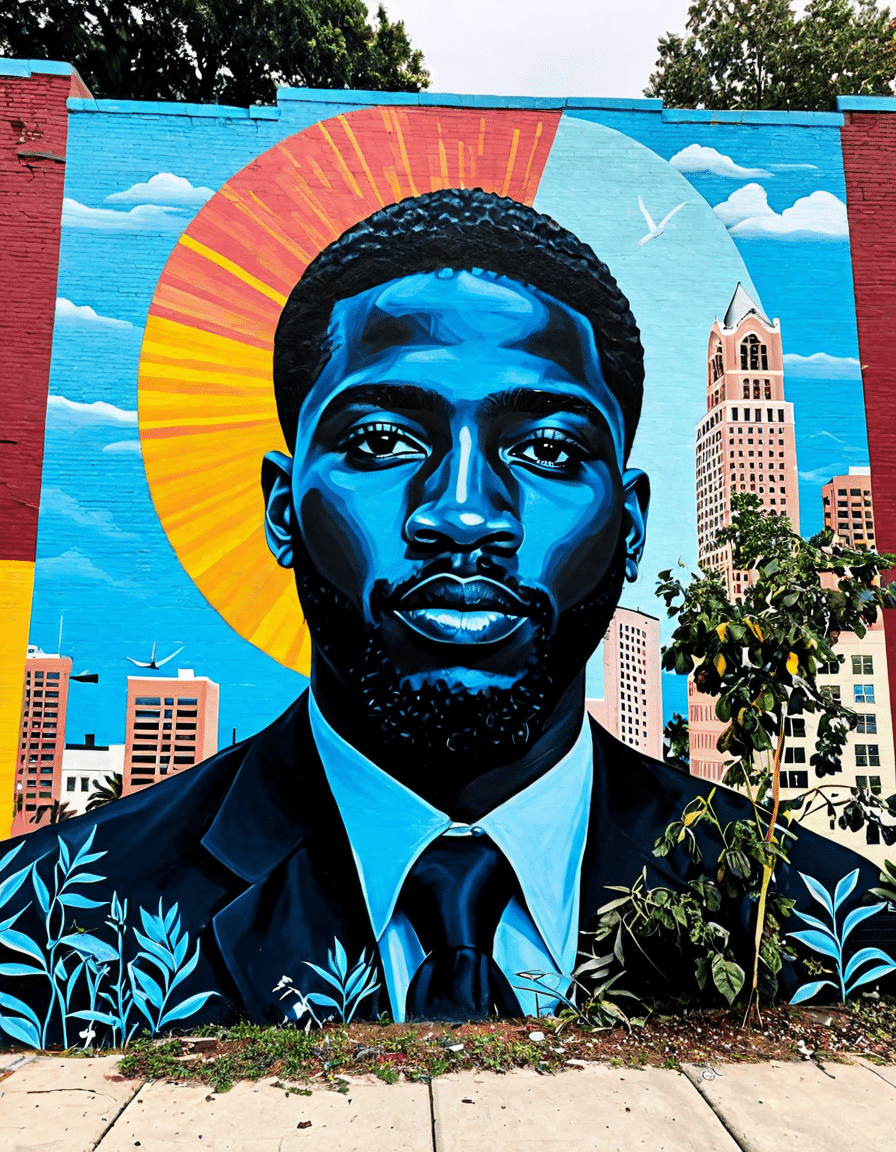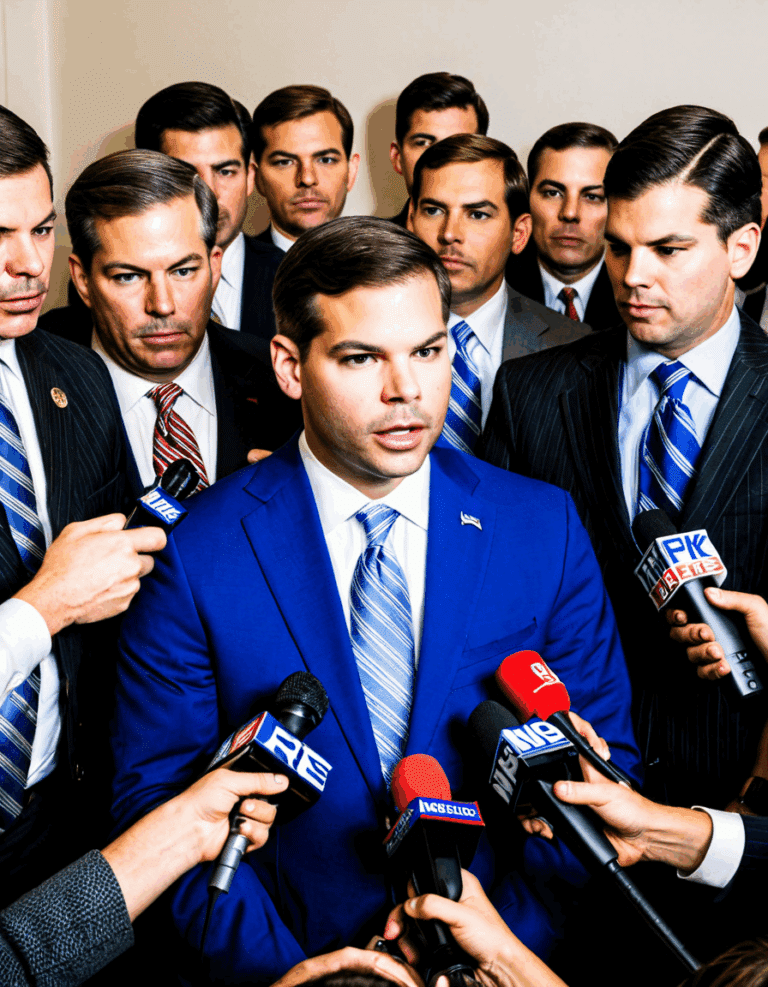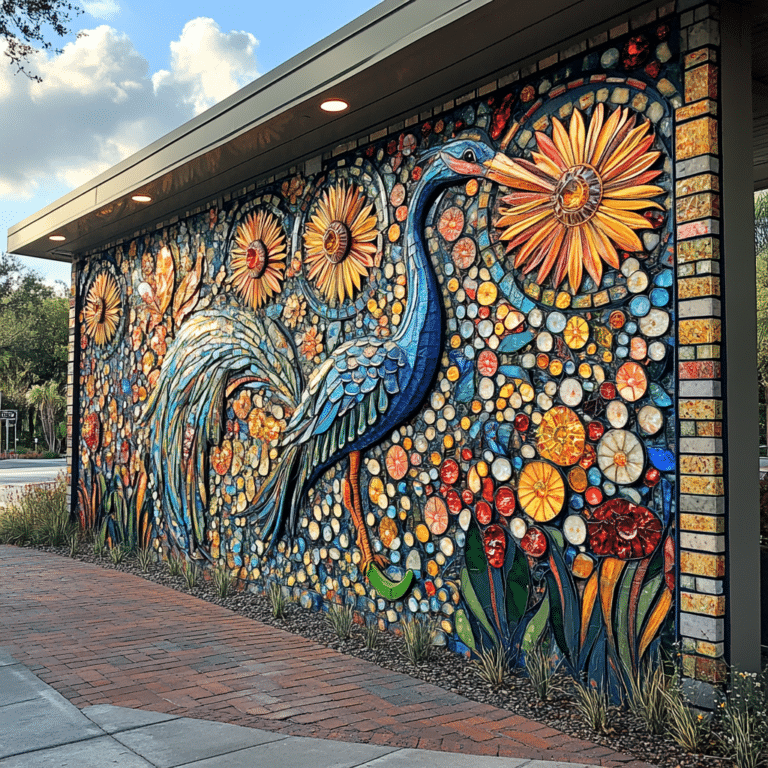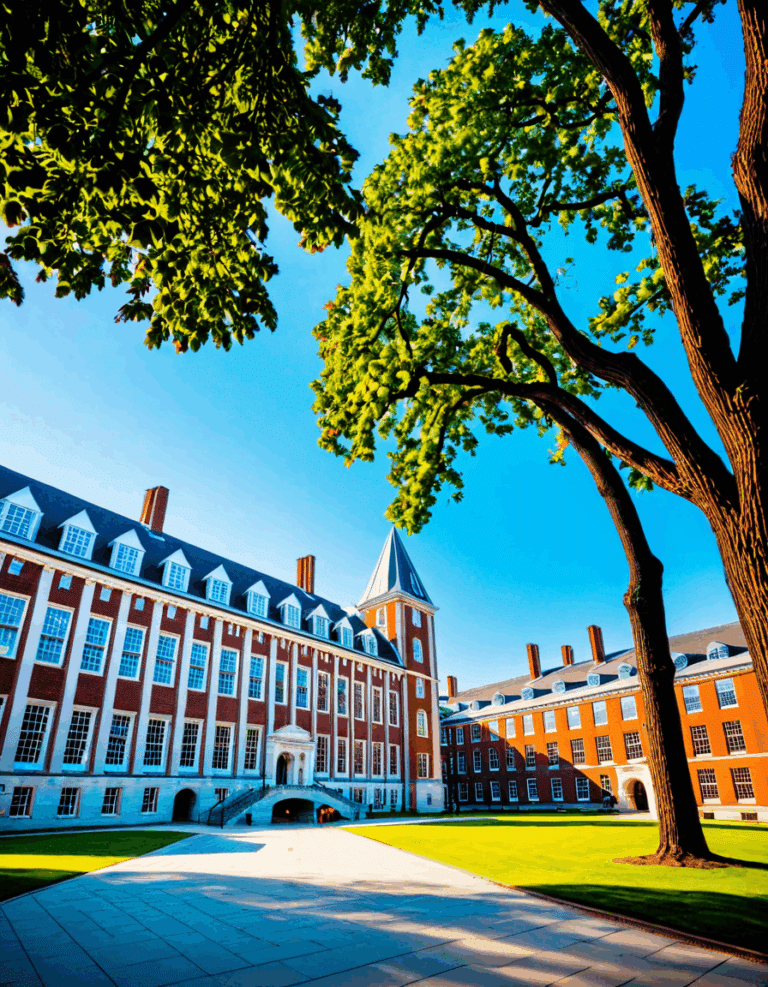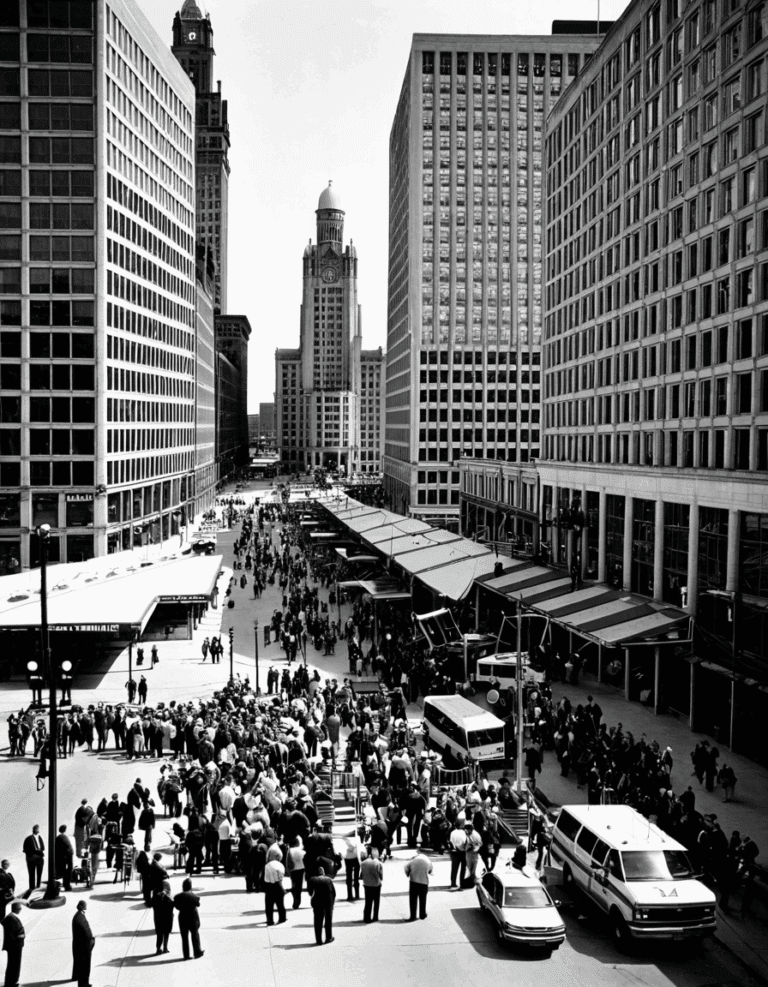Ahmaud Arbery is not just a name; it’s a symbol of the fight against racial injustice in America. His life, cut tragically short on that fateful day in February 2020 while he was jogging in Glynn County, Georgia, acts as a clarion call for change. In the struggle against systemic racism, Arbery’s legacy still resonates deeply with individuals and communities. This article covers the significant aspects of Arbery’s life and awakens discussions on crucial topics such as the pushback against the ‘Woke’ movement and the urgent need for justice as we analyze the implications of his death.

The Life and Legacy of Ahmaud Arbery
1. The Background of Ahmaud Arbery
Ahmaud Arbery was born on May 8, 1997, in Brunswick, Georgia. Growing up in a close-knit community, he was known for his warmth, friendliness, and love for sports. Passionate about his health and fitness, Arbery had dreams of success and was determined to make a better life for himself. His enthusiasm for athletics saw him often on the football field, with many friends describing him as a hardworking young man who consistently pushed himself to be better.
Arbery didn’t just take from his community; he gave back. His unwavering kindness and community involvement made him a beloved figure among his friends and family. His untimely death left an irreplaceable void, leading those who knew him to fight not only for justice for Ahmaud but also for more significant societal changes.
2. Circumstances Surrounding His Death
On February 23, 2020, the unthinkable happened. Ahmaud Arbery was jogging through a neighborhood when he was pursued by three white men, including Travis and Gregory McMichael, along with William ‘Roddie’ Bryan. The chase ended fatally when Arbery was shot, shocking the nation and awakening a sense of urgency in the fight against racism and violence.
The legal proceedings that followed saw the McMichaels and Bryan face trial, culminating in November 2021, when they were found guilty of murder. This verdict sent a powerful message about accountability in cases of racial violence and prompted discussions about appropriate legislative changes, showcasing how the American justice system can respond to public outcry.
3. Ahmaud Arbery and the National Dialogue on Race
Ahmaud Arbery’s murder became a turning point for America, catapulting discussions about racist ideologies into the national spotlight. In the wake of the Black Lives Matter movement, his case was emblematic of systemic racism that permeated society, highlighting the urgent need for reform. As citizens took to the streets, rallies were held, calling for justice not just for Ahmaud, but for countless others who suffered similar fates.
Organizations like Black Lives Matter fanned the flames of activism, using Arbery’s case as a rallying cry for change. His story intertwined with the historical context of racial injustice, illustrating how one young man’s life could start a tidal wave of dialogue about race relations in America.
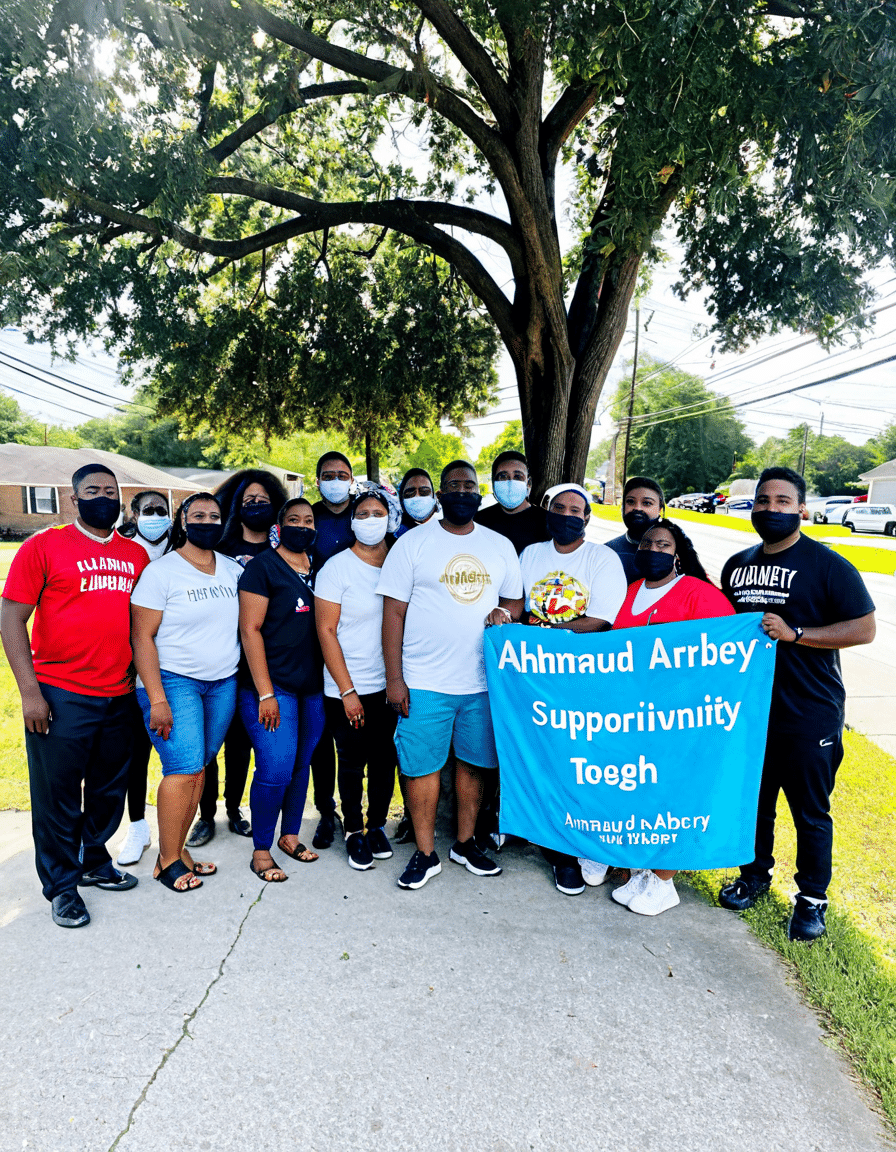
The Top 5 Outcomes of Ahmaud Arbery’s Tragic Death

The Legacy of Ahmaud Arbery in a Changing America
The impact of Arbery’s death extends beyond mere statistics and legal outcomes. His legacy pushes an entire nation to confront uncomfortable truths about race, justice, and accountability. Communities are forced to reckon with the implications of systemic racism while striving for a more equitable society. As conversations about equity continue to evolve into 2026 and beyond, Arbery’s story remains a poignant reminder of the work that lies ahead.
Mohammed Deif and the Broader Global Perspective on Justice
Drawing a parallel between Ahmaud Arbery’s plight and that of figures like Mohammed Deif illuminates the universal struggle against injustice. While Deif’s circumstances may differ, they both exist under the overarching banner of resisting oppression. Citizens globally continue to fight for recognition and equity, demanding justice for those wronged—both locally and internationally.
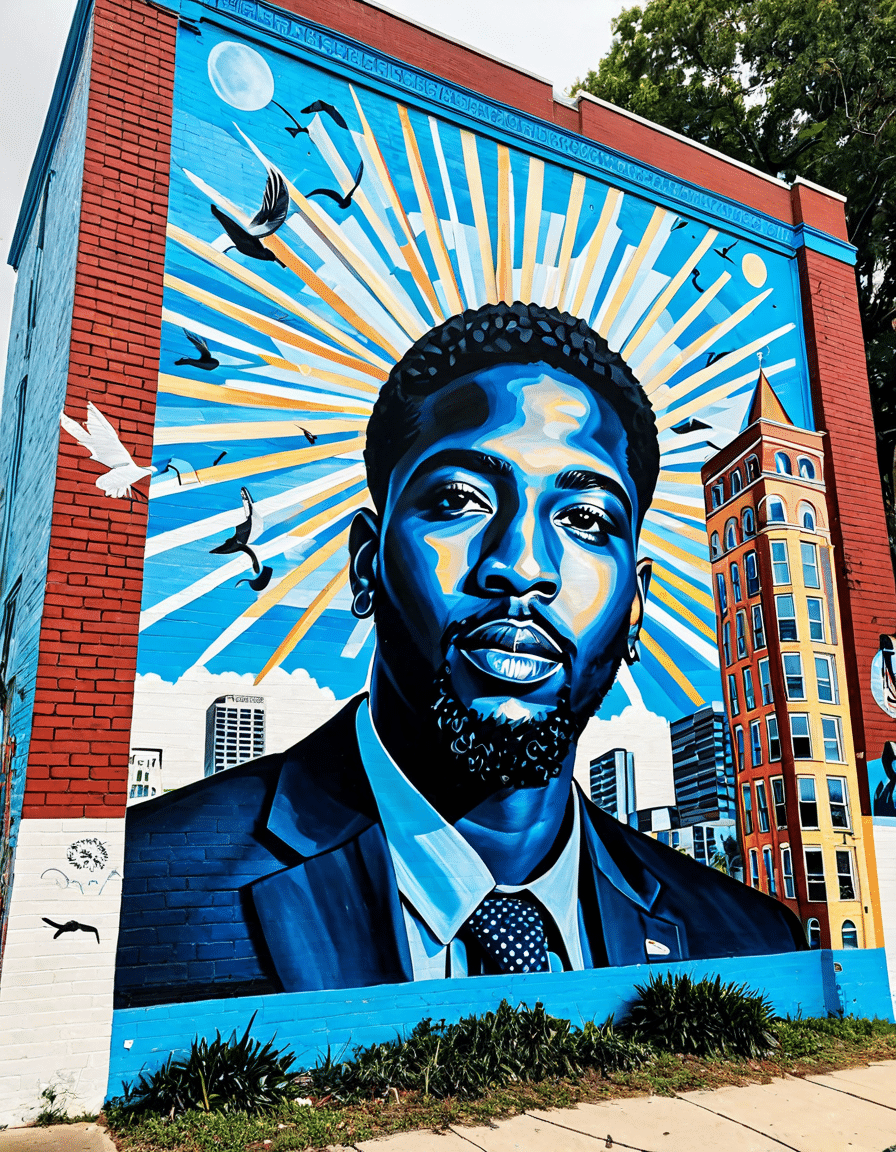
Continuing the Conversation
Ahmaud Arbery’s life and subsequent death continue to resonate across America. As the nation grapples with inherent systemic inequalities, discussions around racism, equity, and justice must persist. It’s crucial to recognize that honoring Arbery’s memory is not merely about reflection, but about demanding action, reform, and ultimately, change. With every stride towards justice, it is hoped that his story will not just fade into history, but will inspire a lasting transformation for future generations.
As we move forward together, communities must embrace the responsibility to advocate for justice, as Arbery’s legacy serves to embolden those voices previously marginalized. This call to action stands not just for Ahmaud but for all who seek to create a society marked by fairness, equality, and understanding.
Let’s keep talking. Let’s keep pushing for what’s right, ensuring that no one, regardless of race or background, faces the unjust fate that befell Arbery.

Ahmaud Arbery’s Life and Legacy in America
Who Was Ahmaud Arbery?
Ahmaud Arbery, a young African American man, was known for his passion for running. He often jogged through his neighborhood in Glynn County, Georgia, just like many others do for exercise or to clear their minds. In fact, joggers can fit in workout routines by wearing specially designed cross training shoes for women, ensuring a good grip and support. Sadly, Arbery’s life was cut short during a routine jog in February 2020, a moment that would spark national outcry and discussions around systemic racism.
Known for being a kind and laid-back guy, Ahmaud had dreams of becoming a carpenter. His determination to succeed and his joyful spirit reflected a quintessential aspect of youth — pursuing one’s aspirations. In a world where we often find ourselves distracted by trivial matters, his tragic story served as a wake-up call, reminding us of the values of community and the importance of standing up for justice—much like how folks rally behind causes such as the fight against mosquitoes with services like Mosquito Joe.
A Legacy of Change
Ahmaud Arbery’s legacy goes beyond his untimely death; it has ignited conversations on race and justice, drawing attention to the importance of legal protections. This brings to mind questions that often arise around rights, like What Is a homestead exemption? Such discussions are crucial for understanding the environment in which we live.
The public reaction to his death was nothing short of extraordinary, leading to protests and calls for accountability. Celebrities and activists rallied together, leveraging their platforms to advocate for change, paralleling how cultural icons, like those featured in the Yellowstone series, can inspire dialogue and action. Ahmaud’s life reminds us that everyone has a story worth sharing, one that can influence the paths toward progress, just as Tafari Campbells contributions have drawn attention to the richness of human effort and change.
The Impact on Society
The aftermath of Arbery’s death led to sweeping legislative changes in Georgia, often described as efforts promoting justice and fairness. Even tech, which sometimes seems worlds apart from social issues, played a role in raising awareness and organizing movements. For instance, platforms using tools like Hwinfo64 helped dissect societal attitudes—showing how interconnected our lives truly are, from entertainment to activism.
Ahmaud Arbery’s life teaches us that every moment matters. His story resonates like a reminder to engage in the critical issues of our times, akin to political discussions about When Is The Republican debate or following trends in music and culture, such as the legacy of Dusty Hill. Every conversation we have about justice and equality contributes to a broader narrative, one that carries Arbery’s name and the hope for a fairer society.
